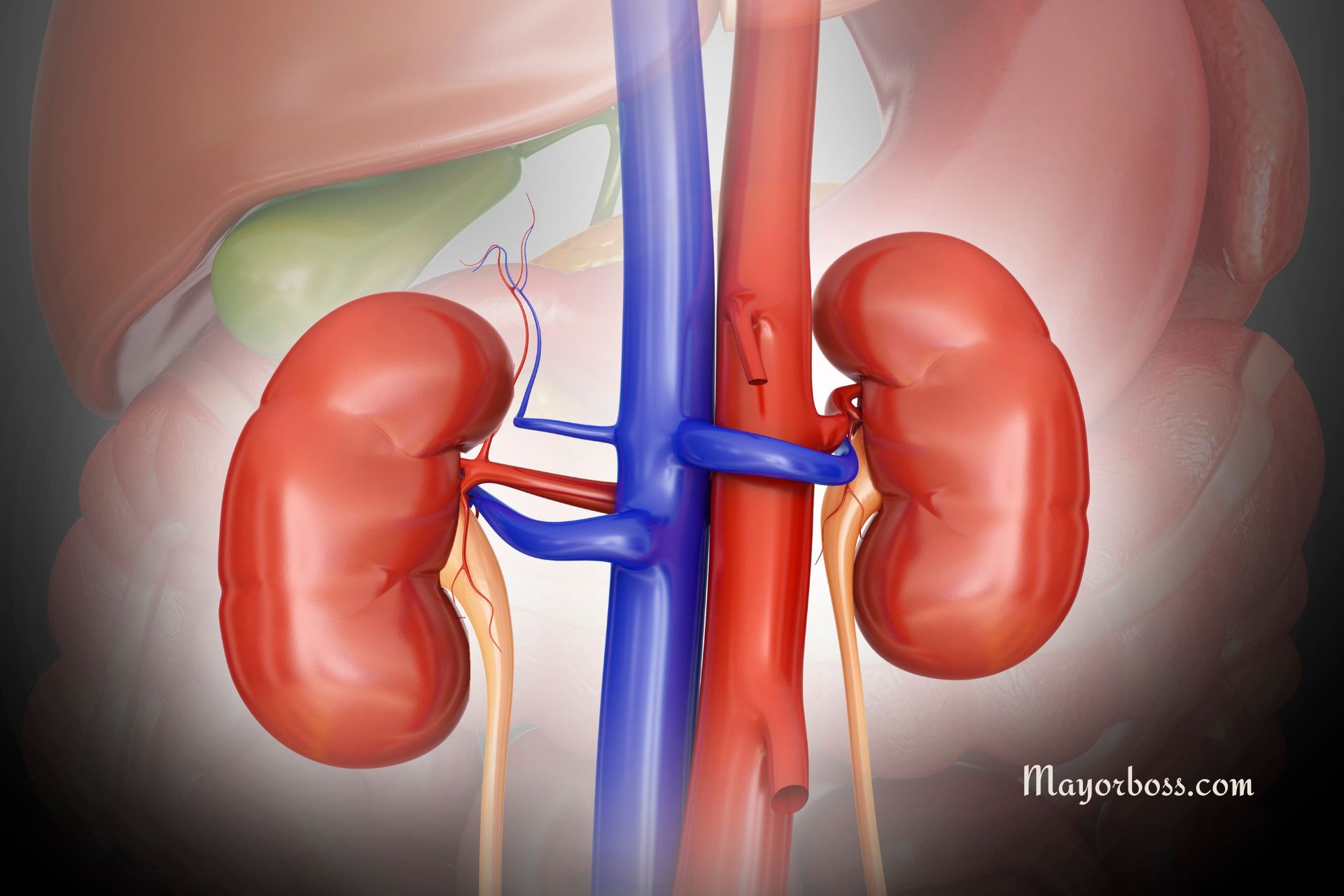What Is Uremia?
Uremia is a serious condition that occurs when your kidneys can no longer filter out waste effectively, thus leading to a buildup of toxins in your blood. This condition is a common complication of advanced kidney disease or kidney failure. Uremia can have wide-ranging effects on your body, affecting not just your kidneys but also your heart, brain, muscles, and other organs. Now, let’s break down what uremia is, how it affects your body, and what can be done about it.

How Does Uremia Affect Your Body?
Your kidneys are powerful filters that clean your blood, removing toxins and extra fluids to make urine. When they’re healthy, they keep your body balanced by controlling minerals, salts, and the level of water. However, when the kidneys are damaged or start to fail to function properly, this filtration process is compromised. Consequently, harmful substances like urea, creatinine, and other waste compounds accumulate in your bloodstream, leading to the condition known as uremia.
Symptoms of Uremia
Uremia can lead to a number of symptoms, including:
- Fatigue and Weakness: As toxins build up in your blood, you may feel more tired and weak.
- Nausea and Vomiting: The accumulation of waste products can upset your stomach, causing nausea and, in some cases, vomiting.
- Appetite Loss: You may find that you’re not as hungry as usual, which could lead to weight loss.
- Mental Confusion: High levels of toxins can affect your brain, leading to confusion or difficulty concentrating.
- Itching: Waste products accumulating in your skin can cause persistent itching.
- Swelling: When your kidneys can’t remove excess fluid from your body, swelling in your legs, ankles, or feet can occur.
What Causes Uremia?
Uremia is most often caused by chronic kidney disease (CKD), which progresses over time and gradually diminishes kidney function. Other causes may include:
- Acute kidney injury: Sudden damage to the kidneys can result in rapid loss of kidney function.
- Blocked urinary tract: Obstructions in your urinary tract can prevent urine from leaving your body, causing kidney damage.
- Certain medications: Some drugs can harm the kidneys, especially if taken in large amounts or for a long period of time.
- Diseases and conditions: Conditions like diabetes and high blood pressure can potentially damage the kidneys over time.
How Is Uremia Diagnosed and Treated?
To diagnose uremia, your doctor will perform blood tests to check for high levels of waste products, such as urea and creatinine, in your blood. They might also conduct urine tests, imaging tests, and kidney biopsy to assess the extent of kidney damage and the underlying cause.
Treatment for uremia focuses on addressing the underlying cause of kidney failure and may include:
- Dialysis: This treatment filters waste products and excess fluid from the blood when the kidneys can’t.
- Medication: Drugs might be prescribed to manage symptoms and complications of kidney failure, such as high blood pressure, swelling, and anemia.
- Lifestyle changes: Dietary modifications and managing conditions like diabetes and hypertension are crucial in controlling uremia.
- Kidney transplant: In some cases, a kidney transplant may be a long-term solution to replace failed kidneys.
Frequently Asked Questions
1. Can uremia be cured?
Uremia itself can be managed, but the underlying kidney damage often cannot be fully reversed. Treatment focuses on controlling symptoms and preventing further kidney damage.
2. How can I prevent uremia?
Maintaining a healthy lifestyle, managing chronic conditions like diabetes and high blood pressure, and avoiding medications that can harm your kidneys are key steps in preventing uremia.
3. Is uremia the same as kidney failure?
Uremia is a condition that results from severe kidney failure. While kidney failure refers to the reduction of kidney function, uremia describes the critical accumulation of waste products in your blood due to this failure.
Uremia is a critical condition that requires prompt medical attention. With the right treatment and lifestyle adjustments, you can manage its symptoms and enhance your quality of life. If you suspect you have symptoms of uremia, It is crucial to seek the advice of a healthcare professional to receive an accurate diagnosis and suitable treatment.






